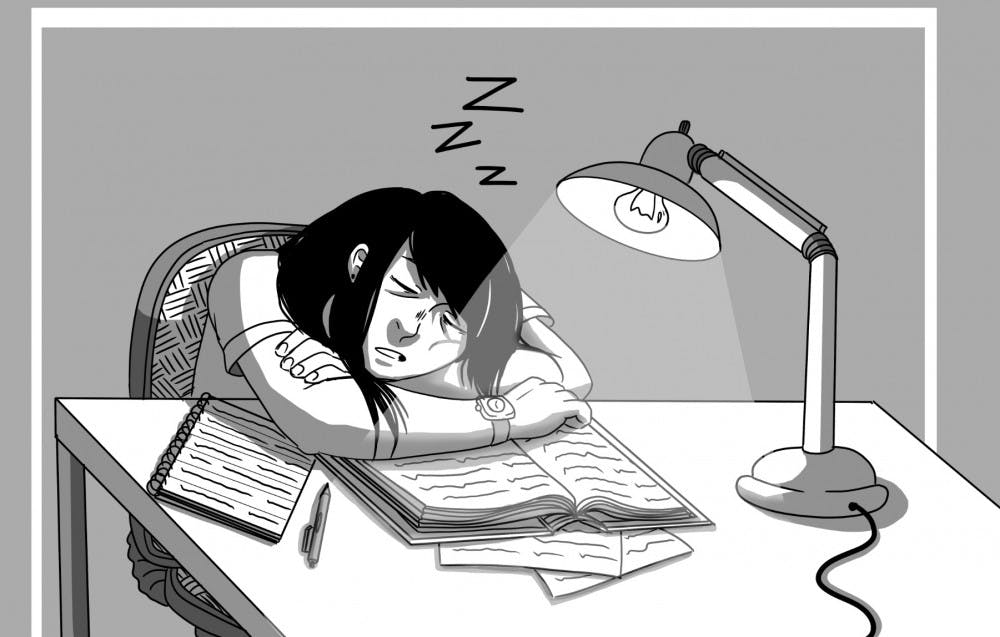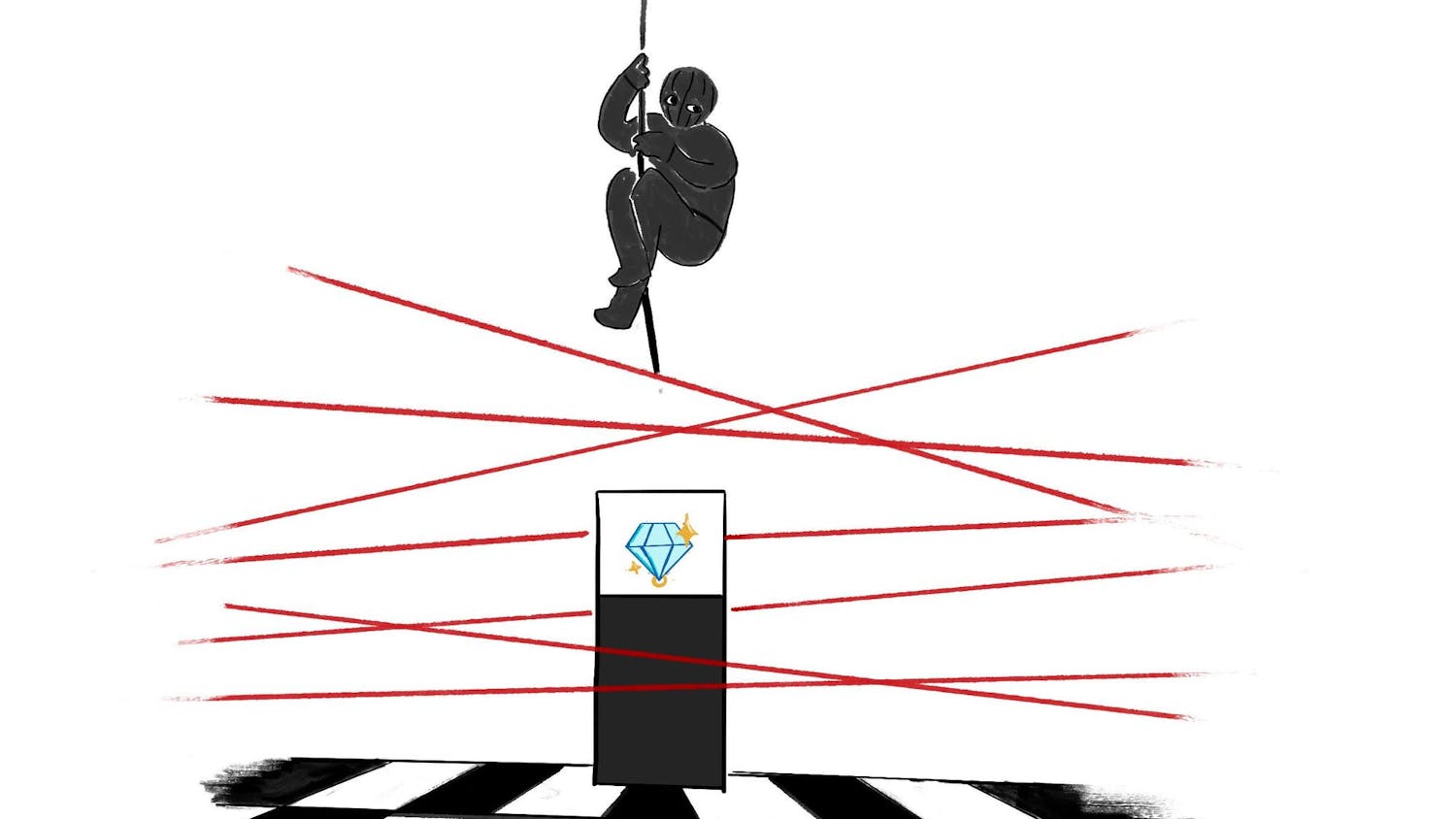With the stress of mid-terms, it can be easy to toss and turn at night and have a hard time falling asleep, but Shashi Sharma, sleep specialist at East Alabama Medical Center, pointed out sleep is vital before taking exams.
“One of the reasons we sleep is to consolidate our memories from the day before,” Sharma said.
Because of this, he continued, having a good night sleep can be helpful when testing.
“You will make better guesses,” Sharma said. “You will remember more material, and you will think more analytically after a good night sleep.” Even though this is true, it can be difficult to get a good night rest when stressed, Sharma said.
He said having trouble sleeping is just one symptom of stress. Stress can also manifest in headaches or chronic pain. Sleeping troubles are just one issue of a complex problem.
However, Sharma provided some tips to help.
One thing that will take effect over a course of time is trying to get a routine of sleep down, Sharma said. Those who have a more consistent routine of going to bed and waking up in the morning will have an easier and shorter transition time from the body being awake to going to sleep.
Little things like avoiding caffeinated beverages four to five hours before going to bed helps, Sharma said. He advised trying to avoid naps during the day because it can throw off the sleep cycle for that night.
He also said to avoid exercising an hour before going to bed to help the body wind down. Even planning on a time to try to get to bed can be helpful. Sharma said making one’s way to bed 45 minutes to an hour before hoping to fall asleep is another beneficial thing to do.
Sharma said other beneficial practices include turning off the TV and putting phones away at least 20 to 30 minutes before going to bed as a way to minimize the amount of bright light someone is exposed to before trying to fall asleep.
“There are parts of the brain that rely on signals to keep you awake, and one of those signals is just light, just bright light,” Sharma said.
Once in bed and preparing to go to sleep, Sharma recommended some breathing exercises, like counting breath to help calm the mind and body.
“You will just take a breath in,” Sharma said. “That’s one. You breathe out. That’s two. Three, four and then when you get to 10, you start over again, and you just let the thoughts come and let them go, and if you forget where you are in the count, start over again.”
If rest does not come after 20 minutes of trying to fall asleep, Sharma recommended trying to get out of bed and try reading a book until the tiredness comes back over and then try going to sleep again.
Even though getting to sleep can be frustrating at times, Sharma assured students that most sleep problems will get better as people get old- er, and sleep will come eventually.
“There’s this feeling of sleepiness that usually only has one cure, which is to sleep,” Sharma said.
Do you like this story? The Plainsman doesn't accept money from tuition or student fees, and we don't charge a subscription fee. But you can donate to support The Plainsman.

Abigail Murphy, senior in journalism with minors in history and women and gender studies, is the operations managing editor at The Auburn Plainsman.





